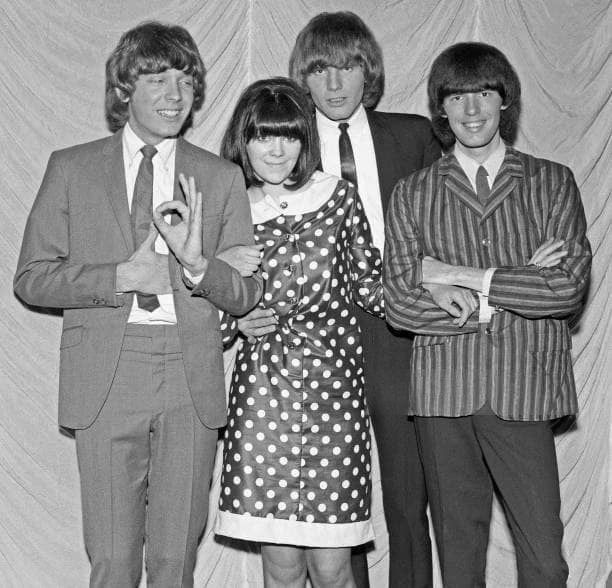
“The Electrician”: A Chilling Tale of a Doctor’s Dark Obsession
Step back in time to the late 1970s, a period when the musical landscape was shifting in fascinating, and sometimes unsettling, ways. It was a time of punk’s rebellious roar and disco’s glittering beat, but in the midst of it all, a different kind of sound emerged—one that was haunting, melancholic, and deeply personal. This was the territory of The Walker Brothers, a group that had already etched their names into the annals of pop history a decade earlier. But in 1978, with their final album, “Nite Flights,” they didn’t just return; they re-emerged as something entirely new, something more profound and introspective. And at the heart of this transformation was a chilling, unforgettable track that still sends a shiver down the spine: “The Electrician.”
The song’s story is one of a band’s final act and a creative genius’s unsparing descent into the macabre. At the time of its release, “The Electrician” did not achieve significant commercial success or chart presence, a fact that speaks more to its challenging nature than its artistic merit. This was not a song designed for radio play; it was a work of art intended to provoke and disturb. The album itself, “Nite Flights,” marked a significant departure from the lush, orchestral pop of their 1960s heyday. The band, particularly Scott Walker, had moved on from their boyish pop star image, embracing a new, avant-garde sound. This album was a collaboration of disparate parts, with each member contributing their own tracks. Scott Walker‘s contributions, including “The Electrician,” were particularly striking, filled with jagged edges and a sense of profound unease.
The narrative of “The Electrician” is not a simple love song or a pop anthem; it’s a harrowing, Lynchian tale told from the perspective of a doctor. The lyrics paint a vivid, disturbing picture of this professional’s obsession with a “patient,” an individual he’s seemingly holding captive. The imagery is stark and violent, hinting at themes of torture and manipulation. Lines like “if he’s a soldier, then I’m a surgeon” and the chilling chorus “he’s an electrician, and I’m a doctor” create a dark metaphor, blurring the lines between healer and tormentor. It’s a song about power, control, and the chilling ease with which one can rationalize unspeakable acts. It’s a descent into madness, a journey into the twisted logic of a mind that sees its actions not as cruelty but as a necessary procedure, a surgical operation.
For those who lived through that era, “The Electrician” was an unnerving counterpoint to the prevailing musical trends. While others were singing about disco nights and youthful rebellion, Scott Walker was delving into the darkest corners of the human psyche. The song’s arrangement is sparse and unsettling, with its jarring synth stabs and a propulsive, almost mechanical bassline that mirrors the cold, calculated nature of the protagonist. It’s a song that commands your attention, not with a catchy melody, but with an atmosphere of dread that builds with every line. Listening to it today, it’s a testament to the uncompromising vision of a true artist who refused to repeat himself. It stands as a chilling artifact of its time, a reminder that some of the most profound music comes not from joy and comfort, but from the shadows of the soul. For many who discovered it in those years, it wasn’t just a song; it was an experience, a journey into a world where the beautiful and the terrifying were inextricably linked.